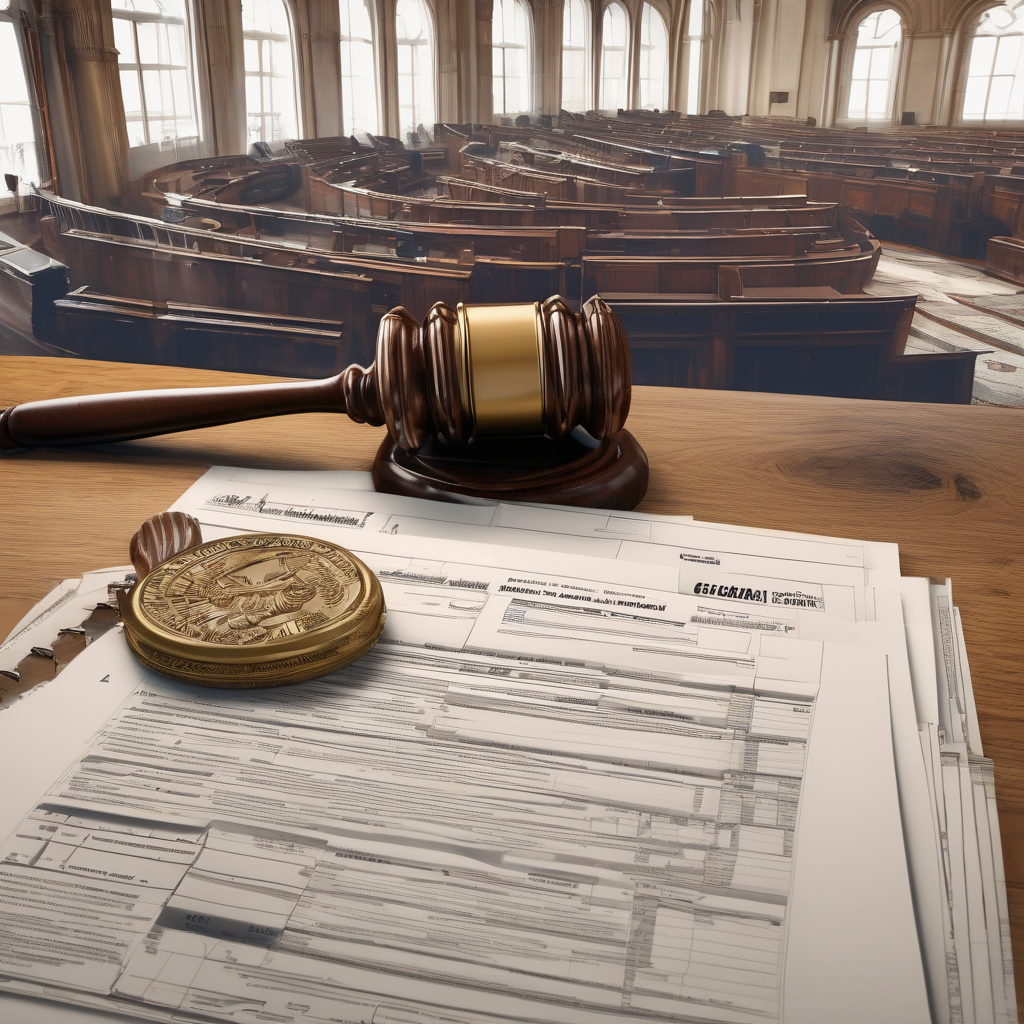President Emmanuel Macron’s office has announced a new cabinet under Prime Minister Sebastien Lecornu, who faces significant challenges ahead, particularly in securing support for the 2026 budget in a highly fragmented parliament. With rising economic pressures and public discontent over austerity measures, Lecornu’s initial task will be to navigate these complex political waters.
The cabinet comprises a mix of established political figures and new appointments, with Elisabeth Borne taking on the role of education minister and Manuel Valls serving as minister of overseas territories. Other notable appointments include Gerald Darmanin as justice minister, Bruno Retailleau as interior minister, and Bruno Le Maire as defence minister. Key ministries such as health, culture, economy, and digital affairs will be led by Catherine Vautrin, Rachida Dati, Roland Lescure, and Naima Moutchou respectively.
This cabinet is stepping into a turbulent political climate, following a confidence vote that saw Lecornu’s predecessor, François Bayrou, ousted over proposed budget cuts of 44 billion euros, which sparked significant public outrage and protests. The fragmented parliament poses a further challenge, as Lecornu is tasked with finding bipartisan support for fiscal policies aimed at reducing the national debt, which has reached concerning levels amid rising interest rates.
The backdrop of this political restructuring includes ongoing demonstrations across France, with protesters calling for a reconsideration of austerity measures. Workers from various sectors, including education and healthcare, have voiced their discontent, stressing the need to preserve public services while addressing fiscal responsibilities. Lecornu’s cabinet is now at a critical juncture where engaging in constructive dialogue with opposition parties may help restore public confidence and pave the way for more sustainable economic policies.
These developments reflect the pressing need for the French government to strike a balance between fiscal austerity and societal needs, an issue that has historically triggered widespread protests and political instability. As Prime Minister Lecornu embarks on this challenging path, there remains hope that a collaborative approach can cultivate a stronger consensus around France’s fiscal strategy, ultimately leading to a more stable and prosperous future.
